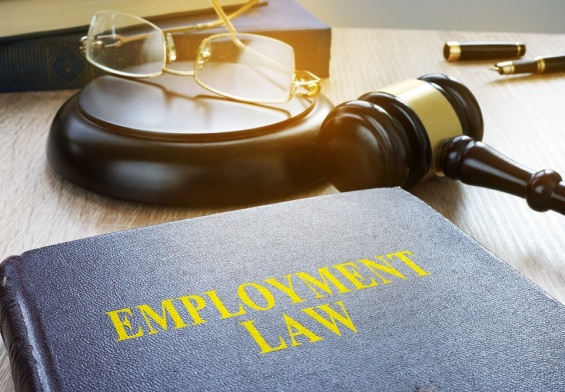Each year there are thousands of workers who witness some sort of wrongdoing on the job. They may discover fraud, abuse, or any type of actions which could jeopardize the well being, safety or lives of other people. Workers may witnesses a food processing plant which sends out contaminated food to consumers, violation of safety considerations at a nuclear facility, fraud that deceives a company’s stockholders, or a chemical company which dumps hazardous waste illegally into waterways. Too many times employees stay silent usually out of the fear of losing their jobs. Others step forward and share the truth risking their profession as well as their own well being to do so. These workers “blow the whistle” on various types of unethical conduct that occurs in the workplace in an attempt to make a difference. Basically, a whistleblower is one who discloses information that they believe to be evidence of some sort of wrongdoing on behalf of a company; or they reveal instances which may be jeopardizing the health and safety of the public in some way. Usually, a whistleblower speaks to influencing parties that can correct the situation. The whistleblower is afforded certain rights and protection by laws that are designed specifically for the purpose of protecting them.
Whistleblower Protection Act
The WPA provides protection for federal employees who disclose any illegal or improper actions by government agencies. This Act is applicable to federal executive branch employees. The WPA was first enacted in 1989 and its intent was to provide federal employees with proper protection to prevent repercussions. As recently as November 2012, this Act was signed into law by President Obama to ensure that Federal employees are provided as much protection as those in the private sector.
US False Claims Act
This was one of the first employment laws that were enacted to protect whistleblowers. This law, first formed in 1863 and then revised in 1986, was designed to encourage whistleblowers during the Civil War. The act promised whistleblowers a percentage of any money or damages that was recovered by the government in cases where fraudulent suppliers were stealing from the government. Whistleblowers received a portion of what was recovered and were protected from wrongful dismissal in these instances. This was the early stages of what we know to be whistleblower laws today.
Sarbanes-Oxley Act
Because of all the corporate scandals that erupted in the early 2000s, congress passed the Sarbanes-Oxley Act. Large companies such as Enron, Tyco and WorldCom misrepresented or covered up some questionable transactions which ended up costing investors literally billions of dollars. SOX covers the different actions made by corporations through agents or contractors. It is usually associated with improper governance or accounting at the corporate level and contains provisions which protect whistleblowers in the corporate setting. The SOX basically expands on the False Claims Act. It requires certain procedures to be enacted when an employee wants to report questionable practices and remain anonymous and requires that if there is an investigation following a complaint that there cannot be any threats of dismissal, suspension, demotion or harassment against the individual who reported any evidence of fraud. It also makes it a criminal offense for an employer to retaliate against any informant. Violation of this law by engaging in any form of retaliation can result in fines as well as up to 10 years in prison.
Lloyd-LaFollette Act of 1912
This is the first law that was adopted to specifically protect the whistleblower. The act guaranteed that federal employees retained the right to provide information to the US Congress. It also protected their right to join unions which gave them further protection from backlash due to whistleblowing.
OSHA and Whistleblowers
When workers report safety violations the Occupational Safety and Health Administration has several acts which help protect whistleblowers. This includes the Surface Transportation Assistance Act which protects truck drivers, and the Pipeline Safety Improvement Act of 2002.
Whistleblowing in the Federal Sector
Under the WPEA, a federal employee whistleblower is protected even where the employer’s conduct turns out not to be unlawful, so long as the employee had a reasonable belief that the employer’s activity was against the law. Also, the WPEA makes clear that federal employees are protected even when the report is made in the course of the employees’ normal duties.




